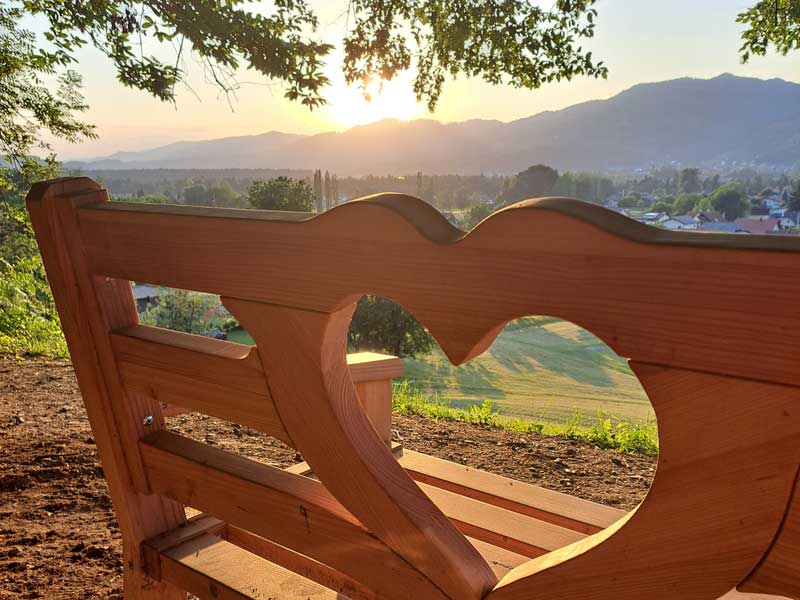Ruše Latin School
Sights that are worth visiting
Ruše Latin School
The sixth-grade Latin school was founded in 1645 on the initiative of a local vicar, Juri Kozina. The school was of inestimable importance for the place, because Ruše was a cultural and educational centre far and wide during its operation until 1758. Descendants of well-known noble families (Attems, Herberstein, Tattenbach, Thurn, etc.) were educated there.
In 113 years, 6,600 students attended the school, including more than 300 locals. The school experienced a special boom during the directorship of a local priest, Luka Jamnik. Thanks to him, theatre plays took place in the area in front of the church on "Ruška Nedelja", a holiday of the Ruše parish, at the beginning of September, which marks the beginning of the rich cultural development of Ruše.
Religious plays in Ruše HOC ANNO (in this year) 1680, a theatre stage was made from various greenery in the cemetery, on which, in the afternoon hours, on September 14, local actors staged a play for the first time in honour of the mighty protector of Ruše, Mary. (record in the Ruška Cerkvena Kronika, 53b)
Religious plays were closely connected with the Latin school (which existed here from 1645 to 1760) and were first introduced during the period when that school reached its peak. They were organized by Luka Jamnik, pastor and headmaster of this school at the time. After his death, these games were continued by his successors for almost half a century. They usually ended the school year with them. In all probability, the performances had the character of Jesuit school plays, but it is also possible that they were modelled on Benedictine school plays. The games were mainly intended for pilgrims, who at that time came to Ruše in large numbers, especially on the so-called Ruška Sobota or Sunday, i.e. the first Sunday after Little Šmarno (holiday on September 8), when the name of the Virgin Mary was celebrated. The content of these games was mostly chosen to celebrate the Virgin Mary, the Mother of God. The text of these plays was probably Latin (as an exercise in Latin for the students of this school). There is no doubt, however, that passages in the Slovenian vernacular were inserted into this Latin text, especially in comic scenes. In the Latin school, in addition to German, the Slovenian language was also introduced, at least in the first grade.
In the 1700s, a chronicler wrote about a song that was recited on stage in German on Sunday, when the anniversary of the dedication of the church was celebrated. On Ruška Nedelja, this song was repeated in Slovenian in front of a large number of people.






